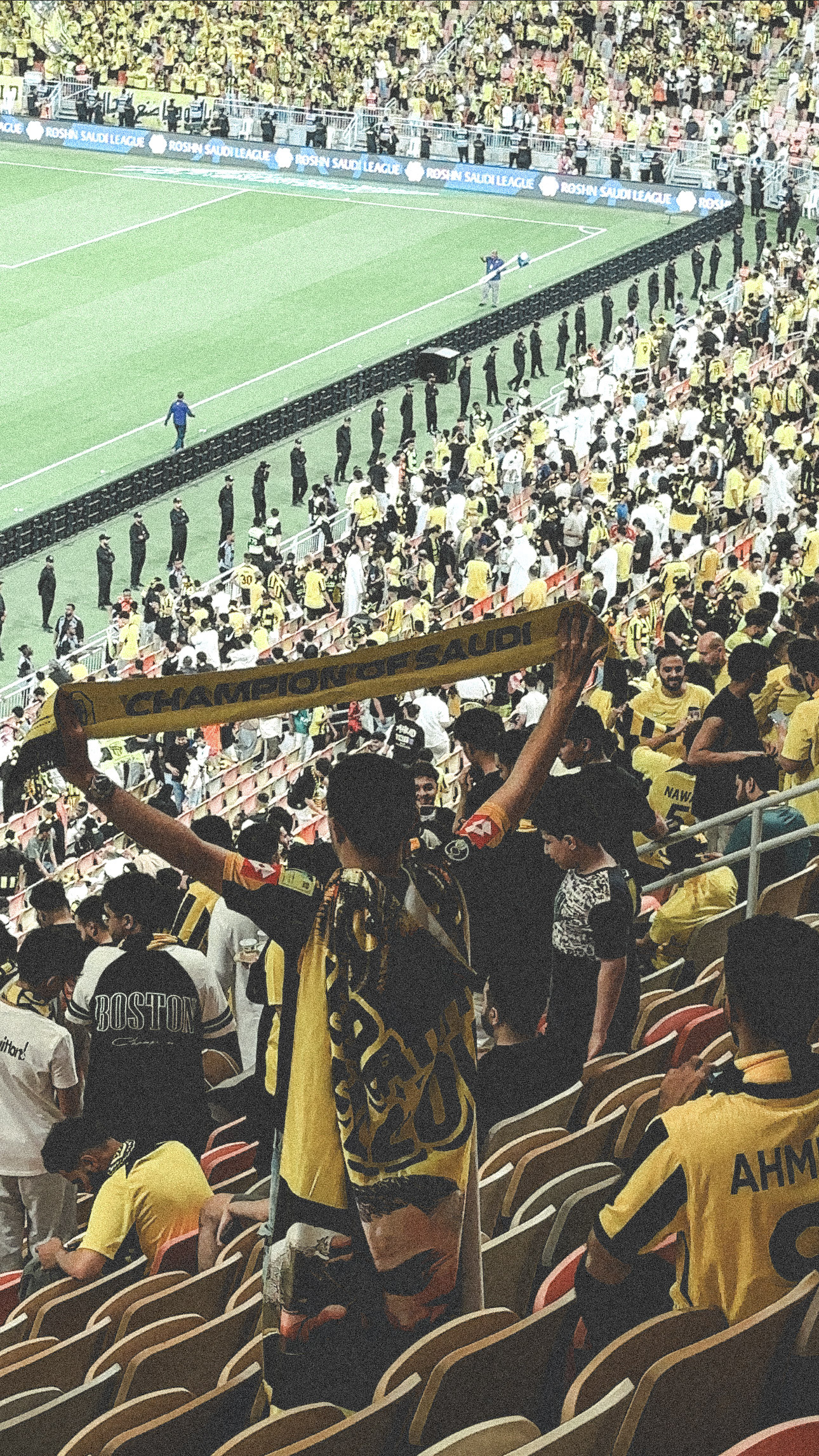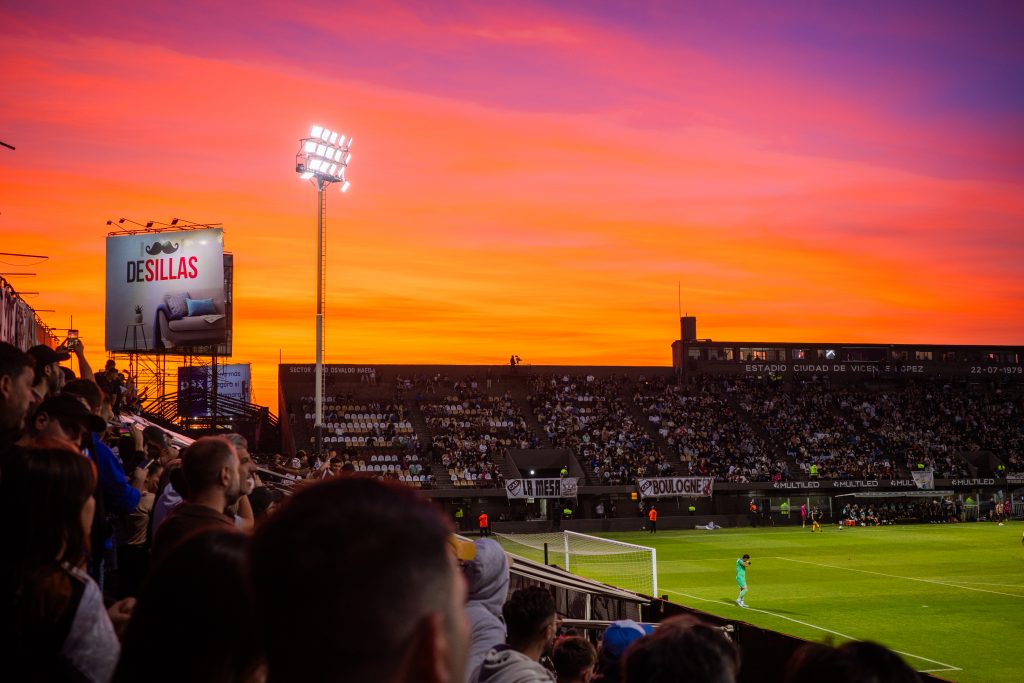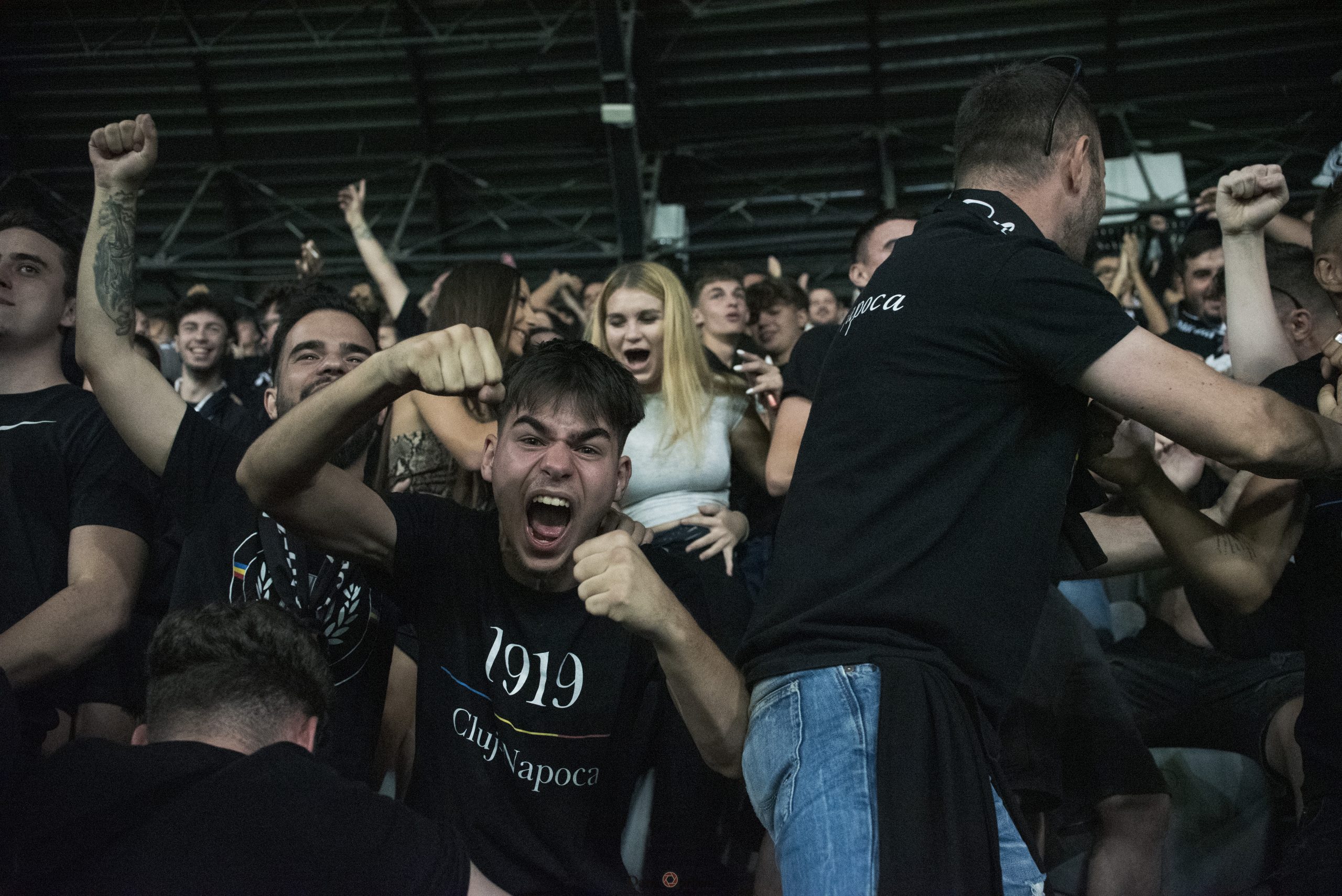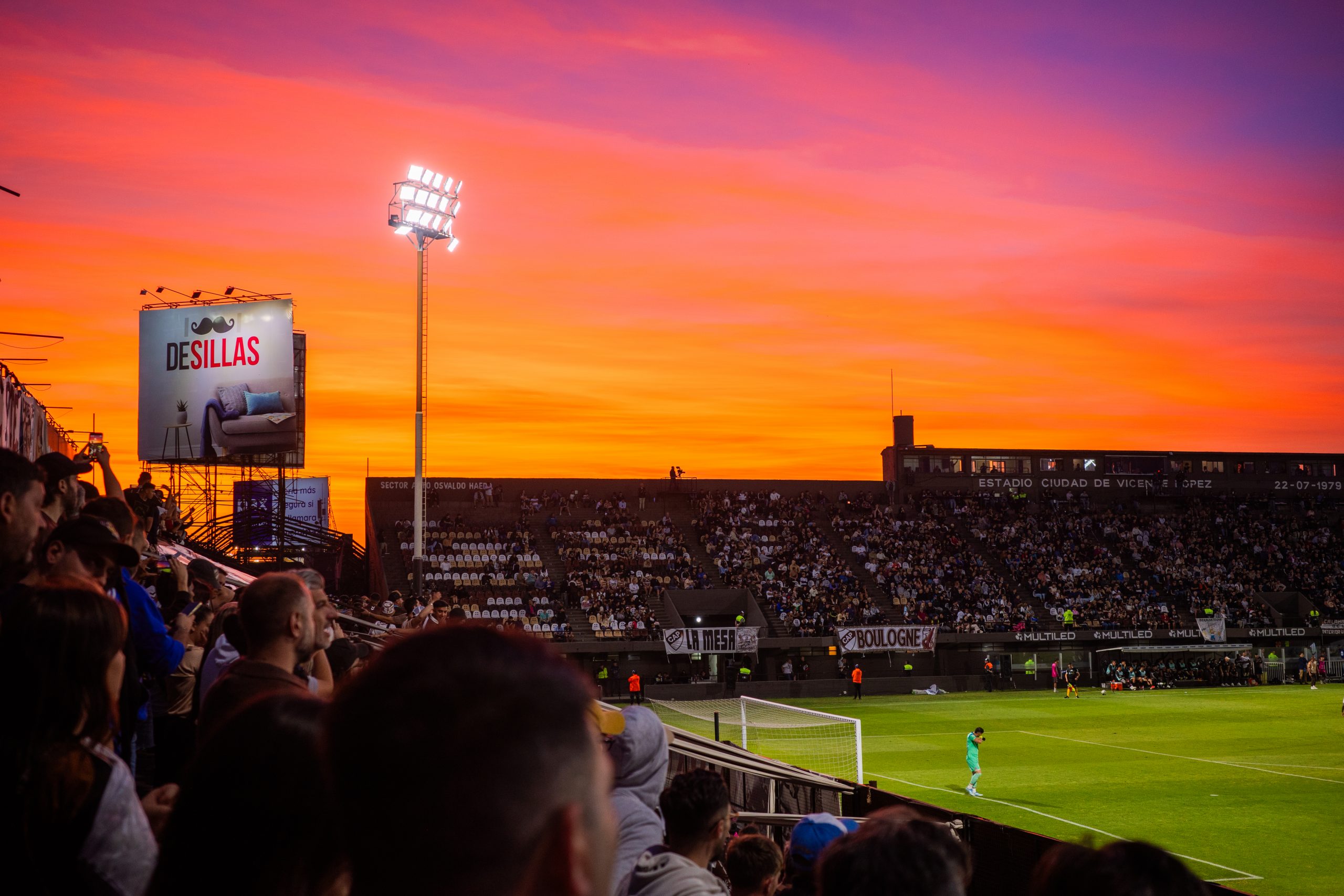A League Under Scrutiny
For years, the Saudi Pro League has been the subject of fascination and controversy in Europe. Critics dismiss it as little more than a cash-soaked playground for ageing superstars, while headlines often focus on the staggering transfer fees and lavish wages on offer. Yet behind the headlines lies a rapidly changing country and a football culture that many outsiders know little about.
Curiosity drew me there. I wanted to look beyond the stereotypes, to see the reality for myself. What I found — from the terraces of Jeddah to the bustling streets of Riyadh — was a country in transition, a football scene alive with passion, and a people eager to share their culture with newcomers.
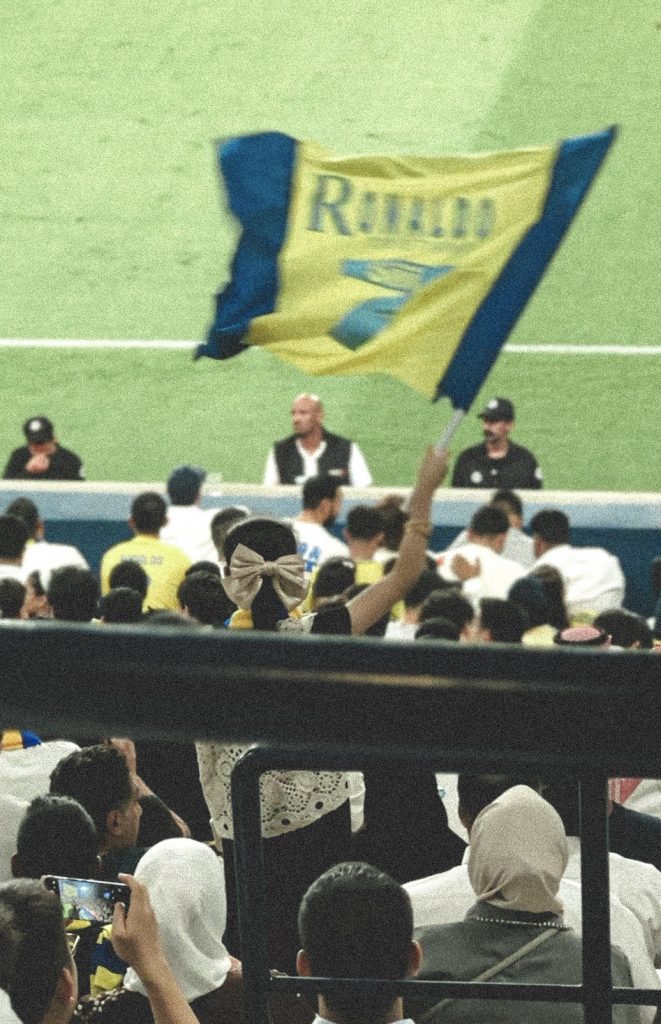
Expectations vs Reality
Like many, I assumed the stadiums would be half empty, the atmosphere flat, and the quality of football unremarkable. How could a handful of global superstars competing against mostly unknown players create a truly competitive league?
But I was wrong.
The fans were loud, passionate, and deeply invested in their teams. The football itself was good — fast, physical, and surprisingly balanced. And alongside the household names were squads filled with talent, some of whom have been playing at a high level for years but remain relatively unknown outside the Middle East.

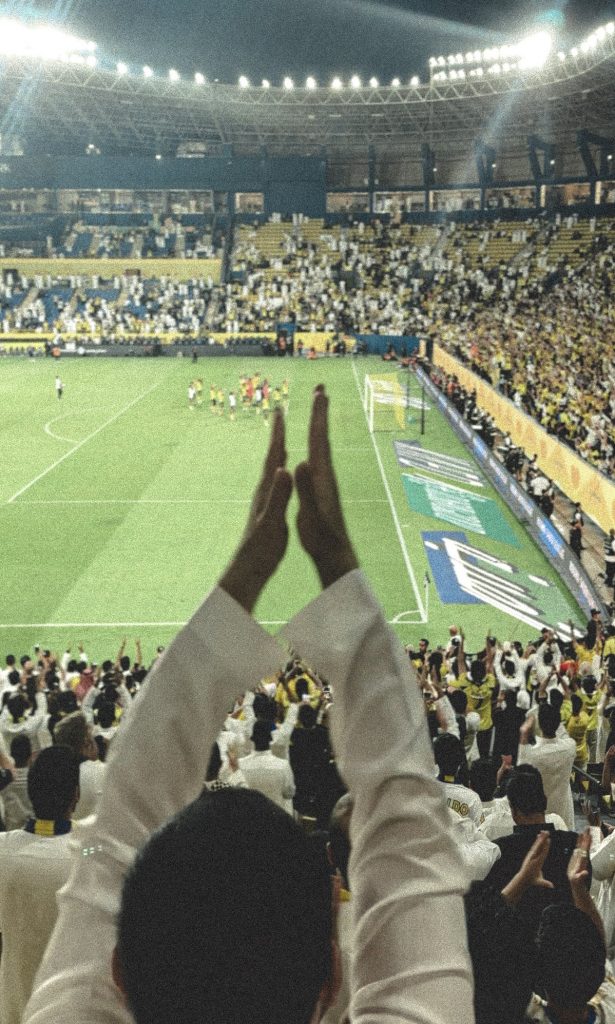
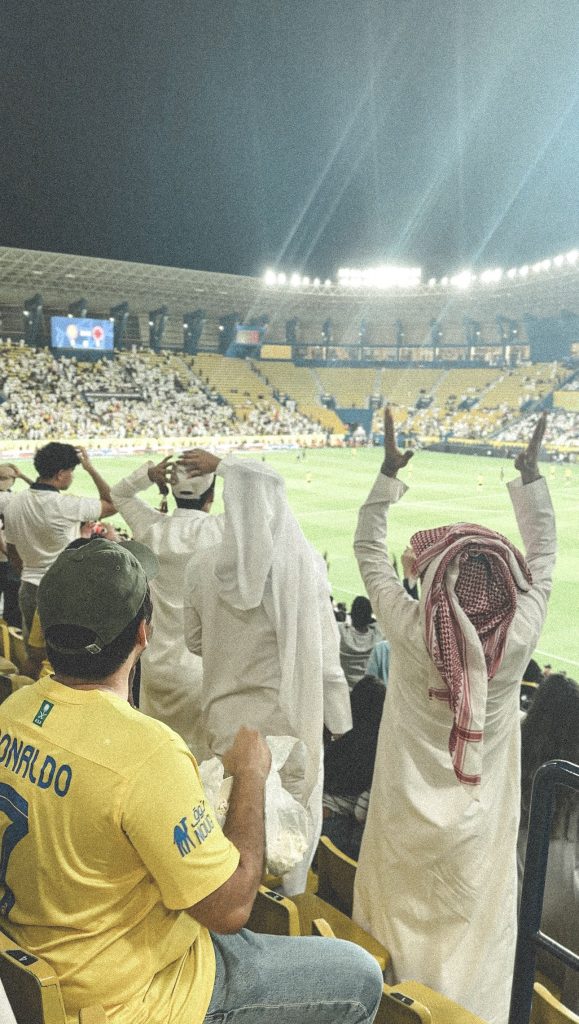
A Country Opening Up
The transformation is hard to ignore. Just five years ago, tourists weren’t even allowed to enter the country. Today, westerners are attending football matches, and Saudi Arabia is preparing to host the World Cup in 2030.
Everywhere you look, there are signs of change. In sport alone, the country has invested heavily not just in football but also in Formula 1, boxing, and other global events. The ambition is clear: to position itself firmly on the world stage.
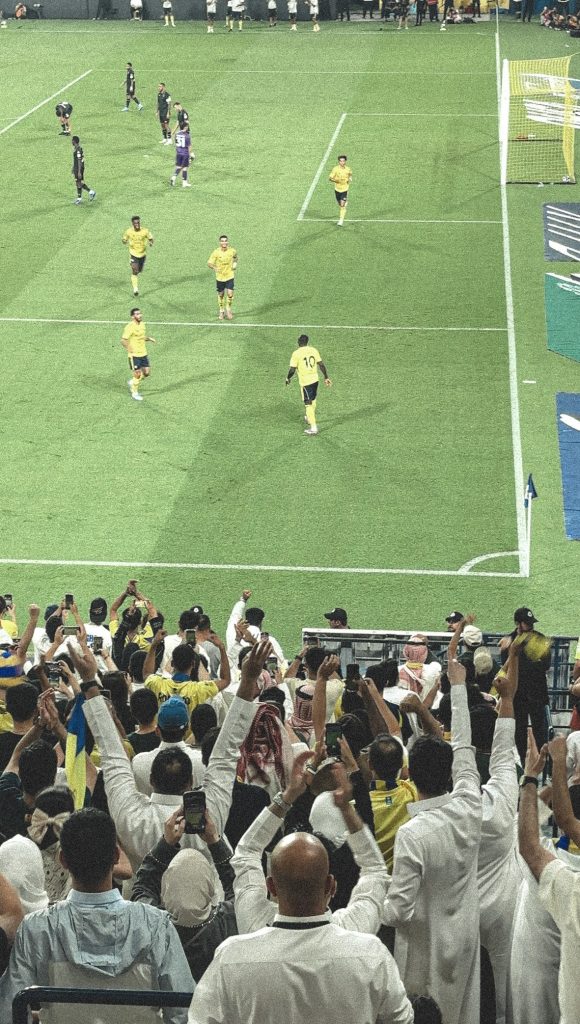
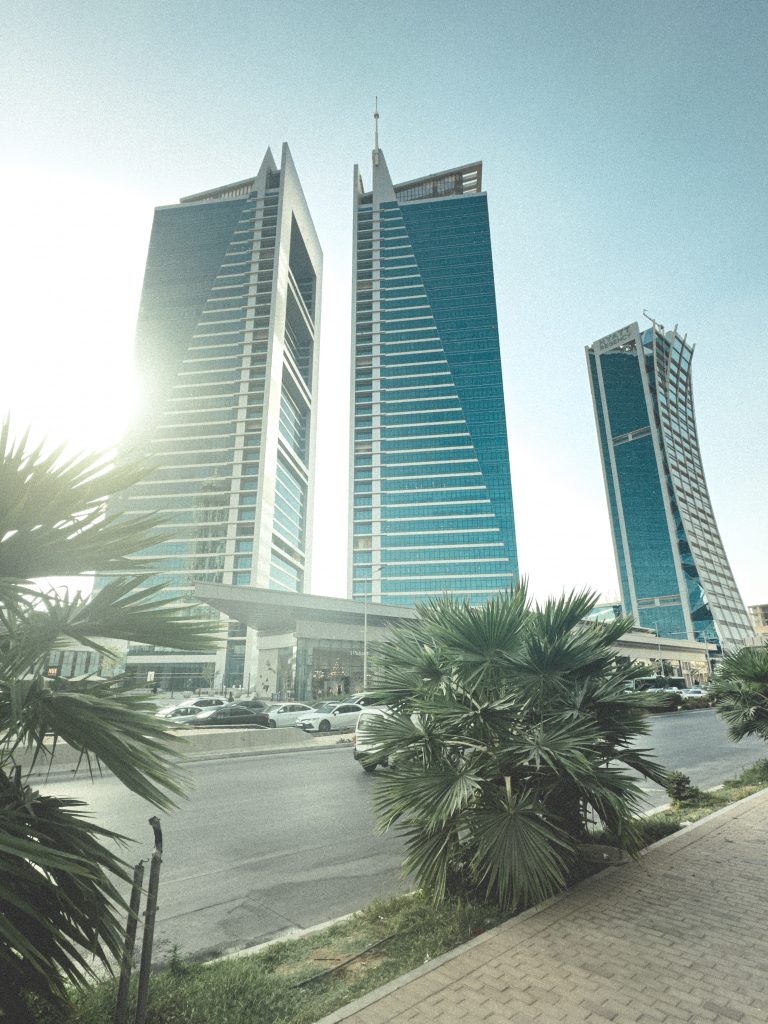
Hospitality on and off the Pitch
One of my lasting impressions was the warmth of the people.
Before an Al Ittihad match, I accidentally found myself at the club’s training ground. Instead of being turned away, I was welcomed. A coach struck up a conversation and ended up giving me a personal tour of the facilities. Later that day, at the stadium, a steward not only showed me to my seat but returned midway through the game to ask what I thought so far.
It was gestures like these — small, personal, unprompted — that made the trip so memorable.

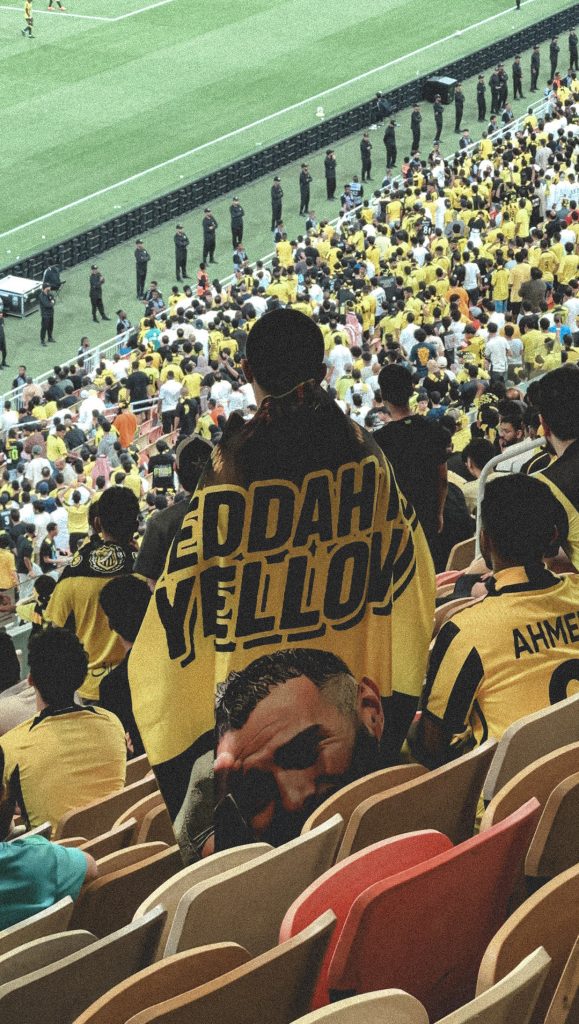
Jeddah: The Ancient Gateway
I flew into Jeddah, the Red Sea port city of nearly four million people. Known as the gateway for millions of pilgrims travelling to Mecca and Medina, it is also a place rich with culture and history.
The neighbourhood of Al Balad, a UNESCO World Heritage Site, is a warren of coral-stone buildings and alleyways that feel far removed from the city’s modern high-rises. Beyond the architecture, Jeddah is famed for its seafood, a reflection of its coastal roots.
The locals were friendly, quick with a greeting, and eager to share their stories. Away from the bustle, the beaches offered respite from the 40-degree summer heat. Whether diving, snorkelling, or simply sitting at a beach bar watching the Red Sea sunset, Jeddah revealed itself as far more than just a transit point.
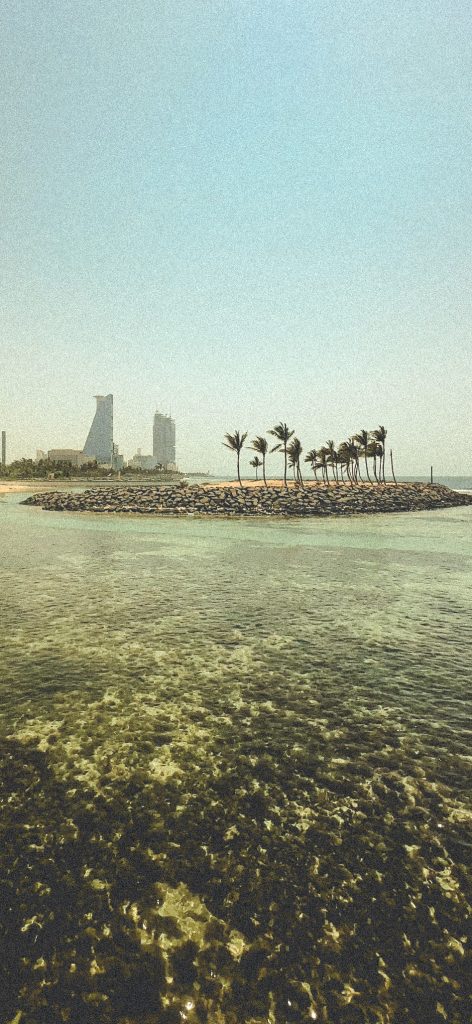
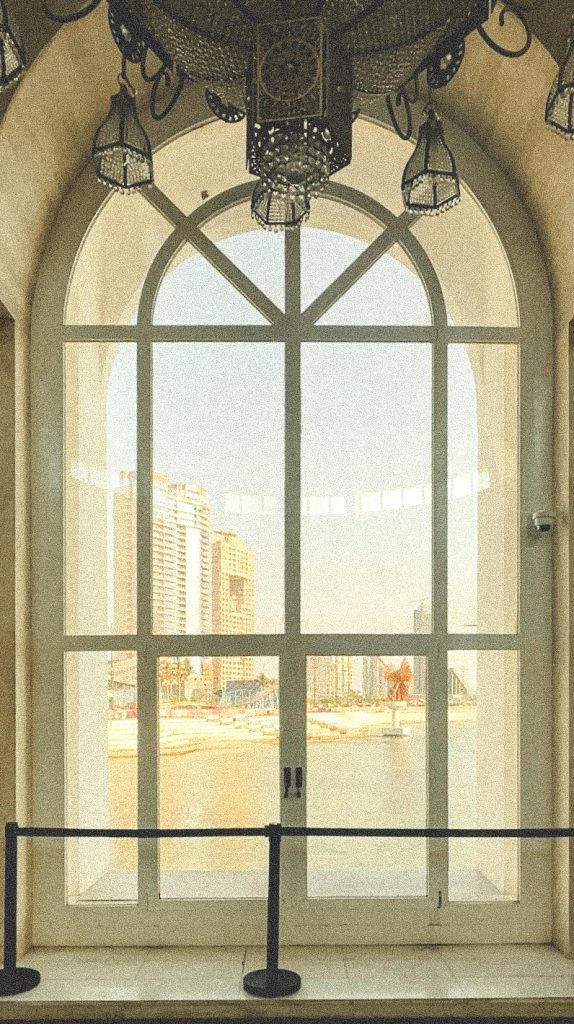
The Football Beat of the Cities
Football culture was everywhere.
In Jeddah and Riyadh, taxi drivers displayed scarves and keyrings in their cars. After matches, the streets came alive with celebrations, music, and dancing. Inside the stadiums, flags flew for the full 90 minutes and thousands of fans even broke into the Poznań.
It was vibrant, chaotic, and joyful, and far removed from the perception of lifeless, half-empty stands that many outsiders still hold.
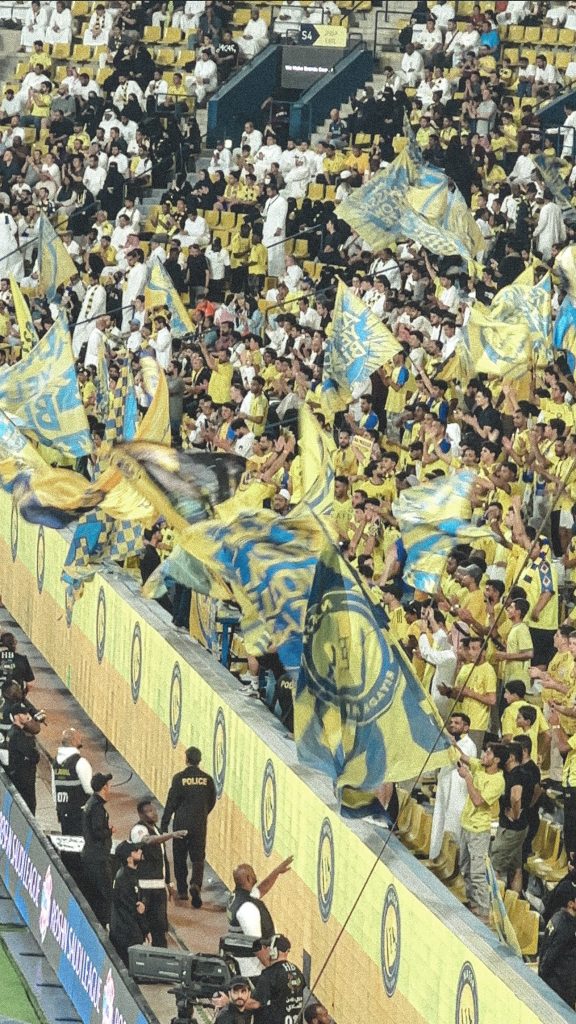

Tradition and Transformation
Saudi Arabia is, first and foremost, a Muslim country. The laws are stricter than in many other countries; alcohol, for example, is completely illegal, and for travellers from more liberal nations, some cultural practices may feel unfamiliar or difficult to understand.
Yet the country is evolving. Tourism is still new, and you sense a society eager to catch up after years of relative isolation. There is a tension between tradition and transformation, but also a determination to carve out a new role for itself in the world.
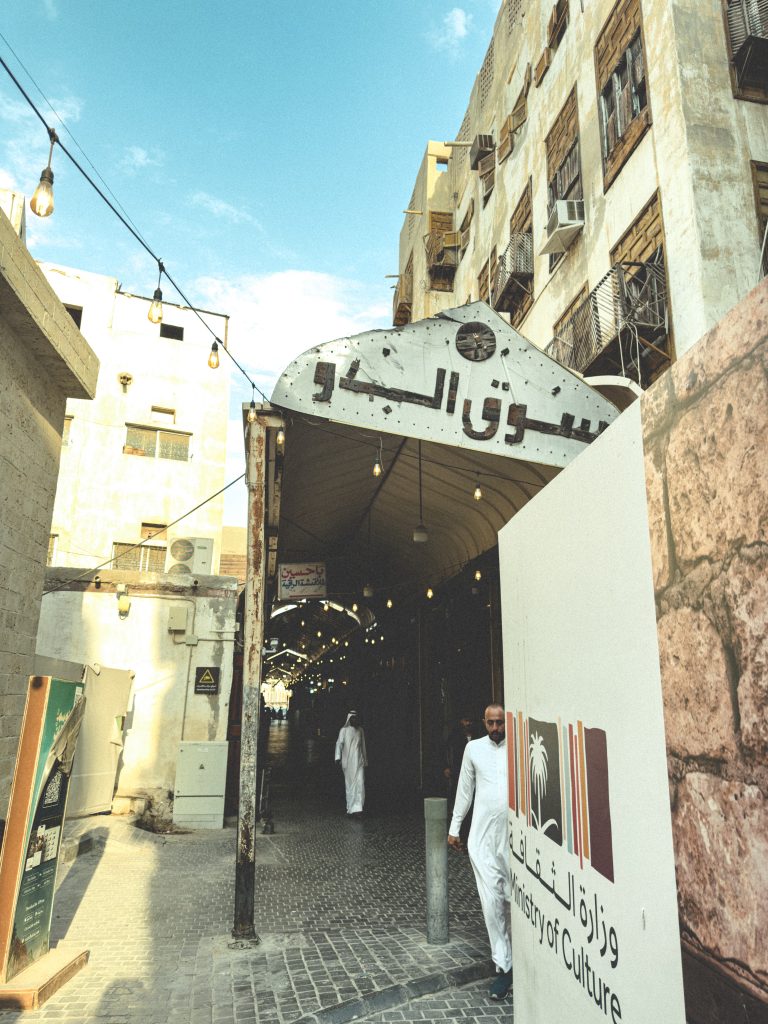
Beyond the Stereotypes
Perhaps the greatest surprise was how different reality felt from the clichés. Saudi Arabia is not simply skyscrapers and money, though both are undeniably present. It is a country full of culture, history, and above all, people who are curious and welcoming.
My experience was overwhelmingly positive. That does not erase the complexities of the country, nor the debates that swirl around its rapid modernisation. But for me, as a football fan, it was a reminder that culture, passion and community cannot be reduced to headlines.

A Final Reflection
From the terraces of Jeddah to the streets of Riyadh, Saudi Arabia’s football culture is alive and growing. The passion is genuine, the investment immense, and the ambition unmistakable. Whether or not the world approves, the country has firmly planted itself in the global sporting conversation.
From a sports fan’s perspective, Saudi Arabia is here to stay. And to anyone curious enough, I’d encourage you to see it for yourself. It may surprise you.
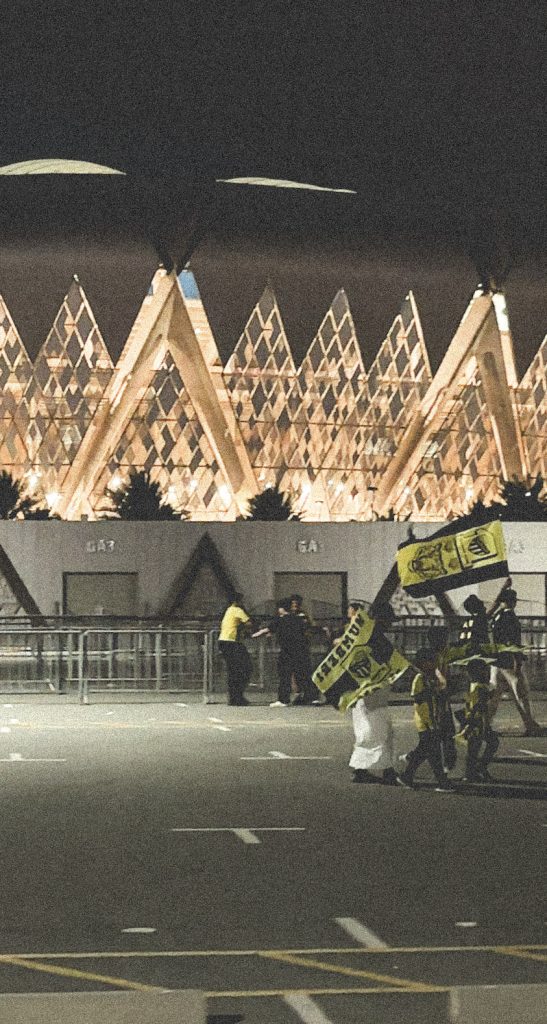
All words and images from Lee Galvin.
You can follow Lee on Instagram here

